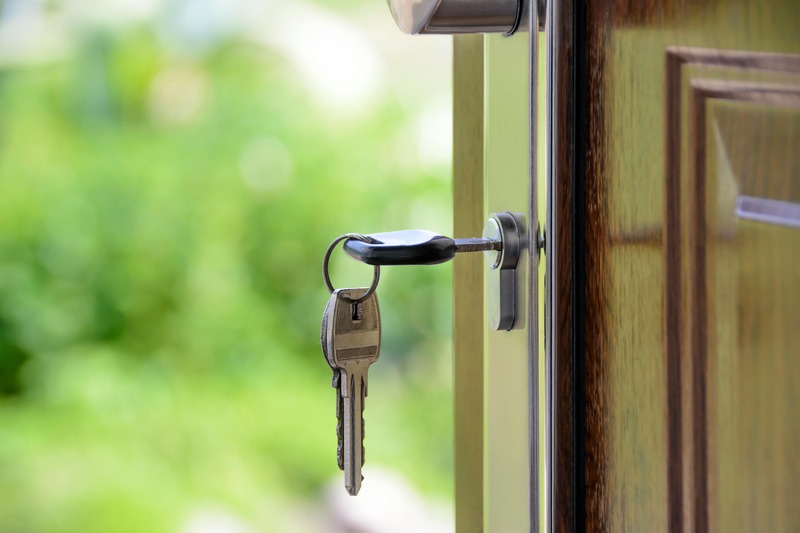
Pittsburgh electricity rates - no ugly plans
Enter your zip code to compare Pittsburgh electricity rates and electric companies.
Average Pittsburgh Electric Rates
This section highlights the average Pittsburgh electricity rates for residential and commercial customers.
- The lowest residential electricity rate in Pittsburgh is 11.24¢ ($0.1124) and the average rate is 13.36¢.
- The lowest commercial electricity rate in Pittsburgh is 12.34¢ ($0.1234) and the average rate is 13.17¢.
Pittsburgh Commercial Electricity Rates and Plans
How to find the best electric rate for your business
For businesses of all sizes – from small businesses to enterprise-level, the deregulated market has enabled competition. Today, every business has the ability to compare energy plans from top energy suppliers and shop for the best rate available.
In most cases, businesses will be able to effectively manage and/or reduce their monthly electricity costs by switching energy plans and providers every year.
Switch Electricity Providers in Pittsburgh
Finding a new electricity provider in Pittsburgh is simple with EnergyBot. Follow these simple steps to
get the lowest electricity rate in Pittsburgh.
Step 1: Shop Pittsburgh electric companies and prices
Enter your zip code at the top of this page and you can quickly see plans from the top Pittsburgh
electric
companies. For even better pricing use our data linking tool to pull in your historic usage from your
utility.
Step 2: Review the plan details
Energy plans often have long confusing contracts. We don't like teaser rates and tricky terms, so we
filter out the plans that trick customers into bill spikes. Each plan you see on our site has plan
details.
This breaks down the most important information about the plan into a way that is easy to understand.
Step 3: Confirm the switch to a new energy provider
Once you have decided on a new energy plan for your home business just follow the prompts to confirm. Once you're done, we give you dashboard to see the status of your contract.
Types of Energy Plans in Pittsburgh
Pittsburgh energy providers offer rates and plans with a range of options and terms. While you will see
many types of plans for the most part they are in two categories: fixed-rate and variable rate.
Fixed-Rate Electricity Plans in Pittsburgh
Fixed-rate plans will have a set price for the term of the contract. Regardless of weather, natural events, or market volatility, your rate will not change. In most cases, fixed-rate plans have a term length of 6, 12, 24, or 36 months. We recommend fixed-rate plans for most customers.
Variable-Rate Electricity Plans Pittsburgh
Variable-rate plan rates may change on a monthly basis based on market factors. Variable-rate plans offer more flexibility but present more volatility in pricing. Price changes may impact your monthly electricity bill in the form of price hikes. In most cases, we do not recommend variable-rate plans.
Pittsburgh Commercial Electric Rates
About Pittsburgh
Three rivers – the Allegheny, Monongahela, and Ohio – come together to create the unique location for one of America’s most livable cities, Pittsburgh, Pennsylvania. Known as "the Steel City" for its more than 300 steel-related businesses, the Pittsburgh metro area is the 26th largest in the U.S.
Pittsburgh faced economical trouble decades between 1970 and 1990 when steel production went through a significant downturn. Reflecting its local pride, the city re-invented itself as a hub for multiple new industries and now Pittsburgh is a leading industry complex for manufacturing, shipbuilding, petroleum, foods, sports, transportation, computing, autos, and electronics. Today, eight Fortune 500 companies and over 1600 tech firms, including Google, Facebook, and Uber, have headquarters and/or a major presence in Pittsburgh. To add, the region also serves as long-time federal agency headquarters for cyber defense, software engineering, robotics, energy research and the nuclear navy.
Today, Pittsburgh’s authentic and hard-working population of 305,000 million have transformed the city into one of the U.S.’s most beautiful and progressive cities.
Pittsburgh Energy Profile
As a four-season city, Pittsburgh experiences the best mother nature has to offer with milder temperatures throughout the year. As a result, average Pittsburgh electricity consumption is 10,402 kWh per year, which is slightly lower than the national average.
Electricity for Pittsburgh business and residential users is generated across the regional electricity grid, and several entities are collectively responsible for providing electricity:
- PJM Interconnection: PJM operates the wholesale electricity marketplace and ensures the reliability of the electricity grid, and conducts long-term planning for the future of electricity generation and transmission.
- Pennsylvania Public Utilities Commission (PUC): Electricity is regulated at the state level by the PA PUC. The PUC sets rates (which influence how much electricity costs) and manages programs to improve energy efficiency and promote renewable electricity.
For Business Users
- Average Business Size: 14,109sq ft
- Average Monthly Usage (kWh): 5,085
- Avg Monthly Bill: $456.53
- Potential Annual Savings: $821.75
For Residential Users
- Average Home Size: 2,240sq ft
- Average Monthly Usage (kWh): 867
- Avg Monthly Bill: $ 112.71
- Potential Annual Savings: $202.88
Enter your Zip Code
Learn more about energy and efficiency
101 Ways to Save Electricity
From turning off lights to checking for air leaks, there are many ways to save electricity — and money.

Creating Your Home Buying Budget: How much house can you afford?
Before you begin the home buying process, it’s important to take the time to understand how to budget to buy a home. In the time leading up to closing you’ll need to make smart financial decisions and save strategically for your home buying budget.

Why You Need to Create a Budget: Everything You Need To Establish a Home Budget
Struggling to manage your finances? Learn how creating a household budget can help you take control of your money, reduce stress, pay off debt, and save for the future.





.jpeg)







